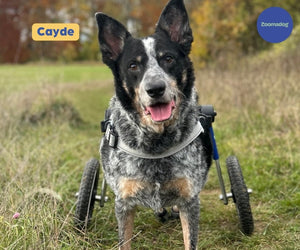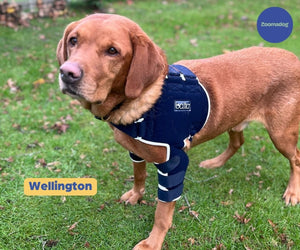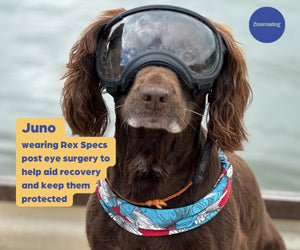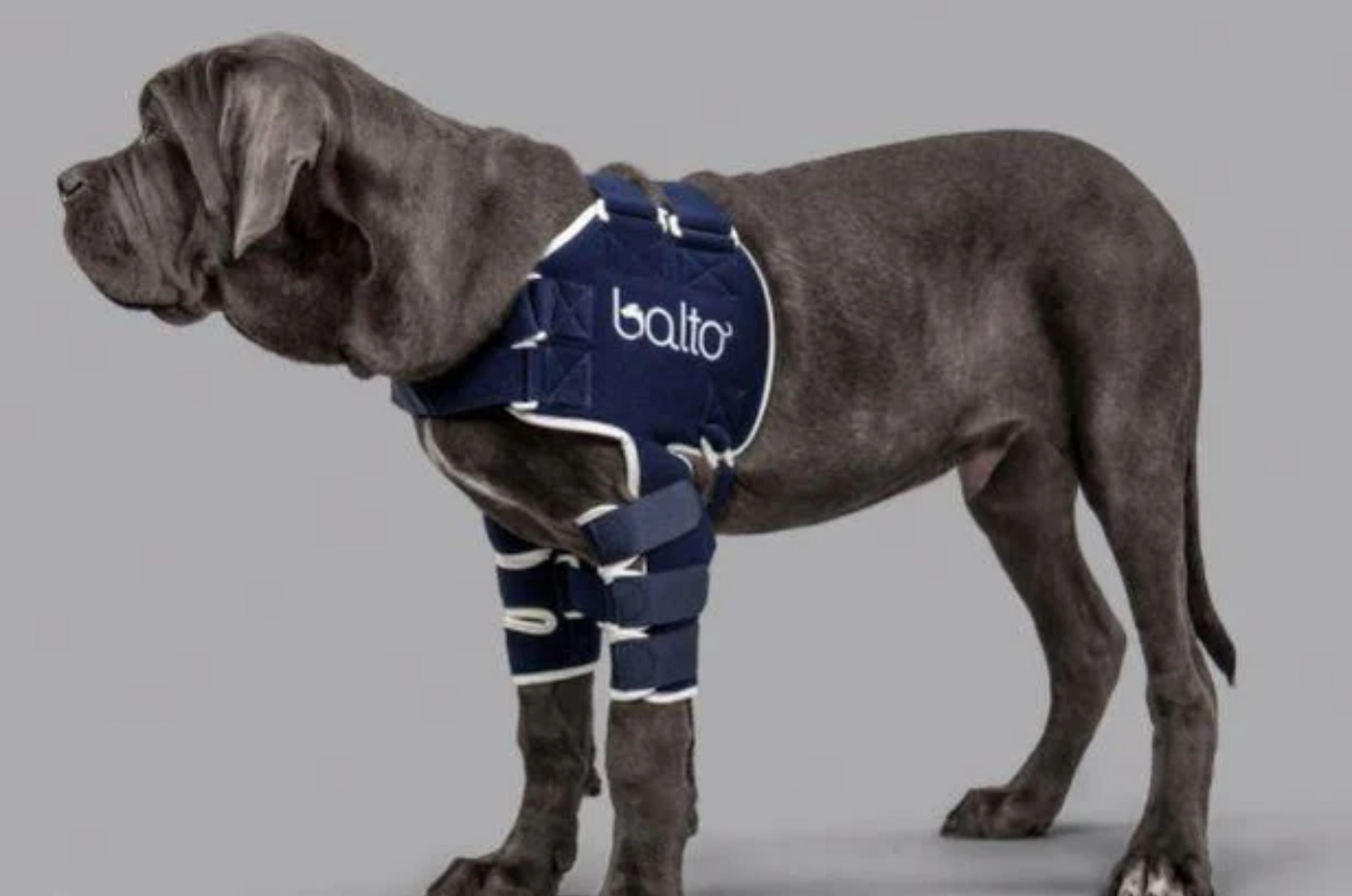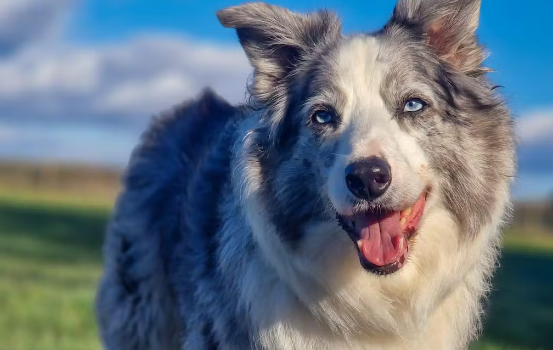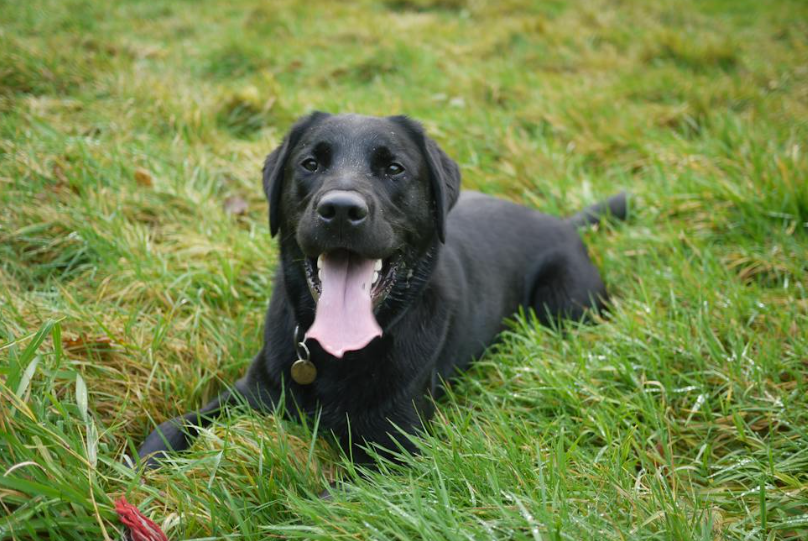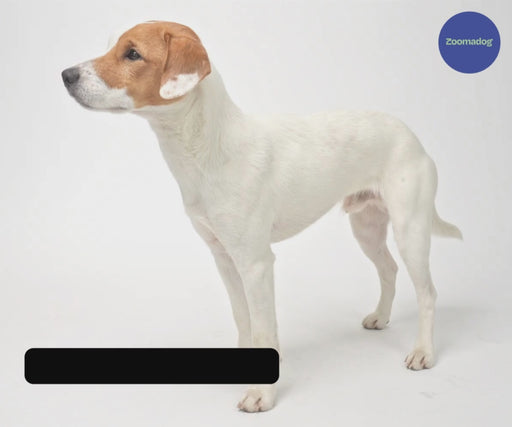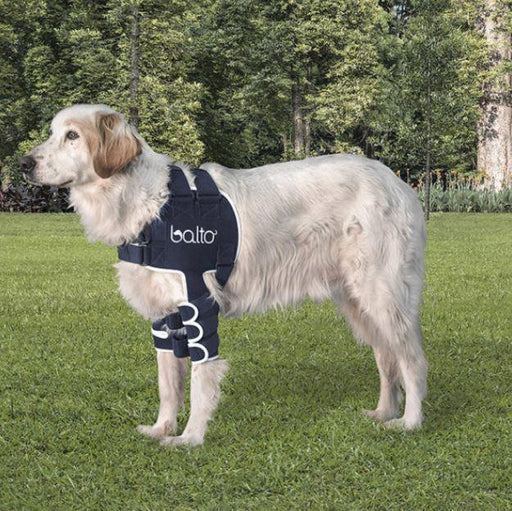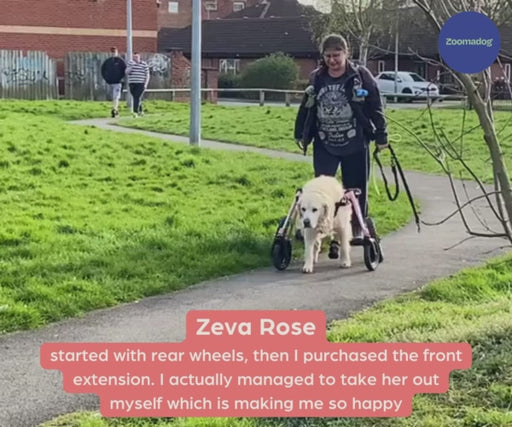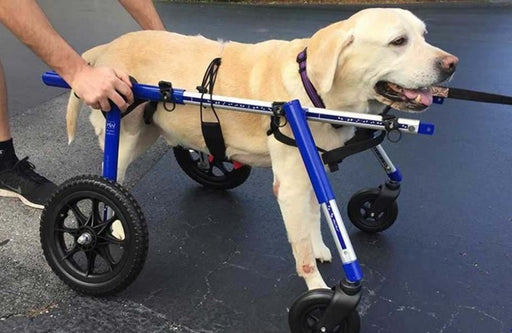Dog shoulder injuries can range from mild dislocations to strains, to severe tendon injuries. The shoulder joint in dogs is more mobile than many other main limb joints. This makes them vulnerable to becoming dislocated, sustaining injury through trauma, or more degenerative joint issues, often age-related, such as arthritis.
Shoulder injuries in dogs occur for various reasons, including trauma, overuse, repetitive strain or an underlying health condition. Common shoulder injuries in dogs include strains, sprains, dislocations, fractures, and tendon or ligament tears.
These injuries can cause pain, lameness, and limited range of motion in the affected shoulder. They often involve damage to the joint and surrounding structures, impacting a dog’s mobility and overall well-being.
Two Common Types of Shoulder Injury in Dogs:
- Dog shoulder dislocation (luxation of the shoulder) happens when the head of the upper bone (humeral head - the bone above the elbow) of a dog’s front leg ‘pops out’ from the joint (glenoid fossa), i.e. is displaced from its normal position in relation to the shoulder blade.
Dislocation can be partial (subluxation) or total (luxated). This can be a very painful injury for your dog. Dislocation can be medial i.e. to the inside of the joint (from trauma or often as a congenital condition in small and miniature breed dogs) or lateral i.e. to the outside of the joint (usually as a result of trauma in large breed dogs).
Dog shoulder instability covers a wide range of soft tissue injuries affecting the ligaments, tendons, or muscles. Generally dog shoulder instability only happens in one shoulder, but sometimes a dog can experience it in both.



